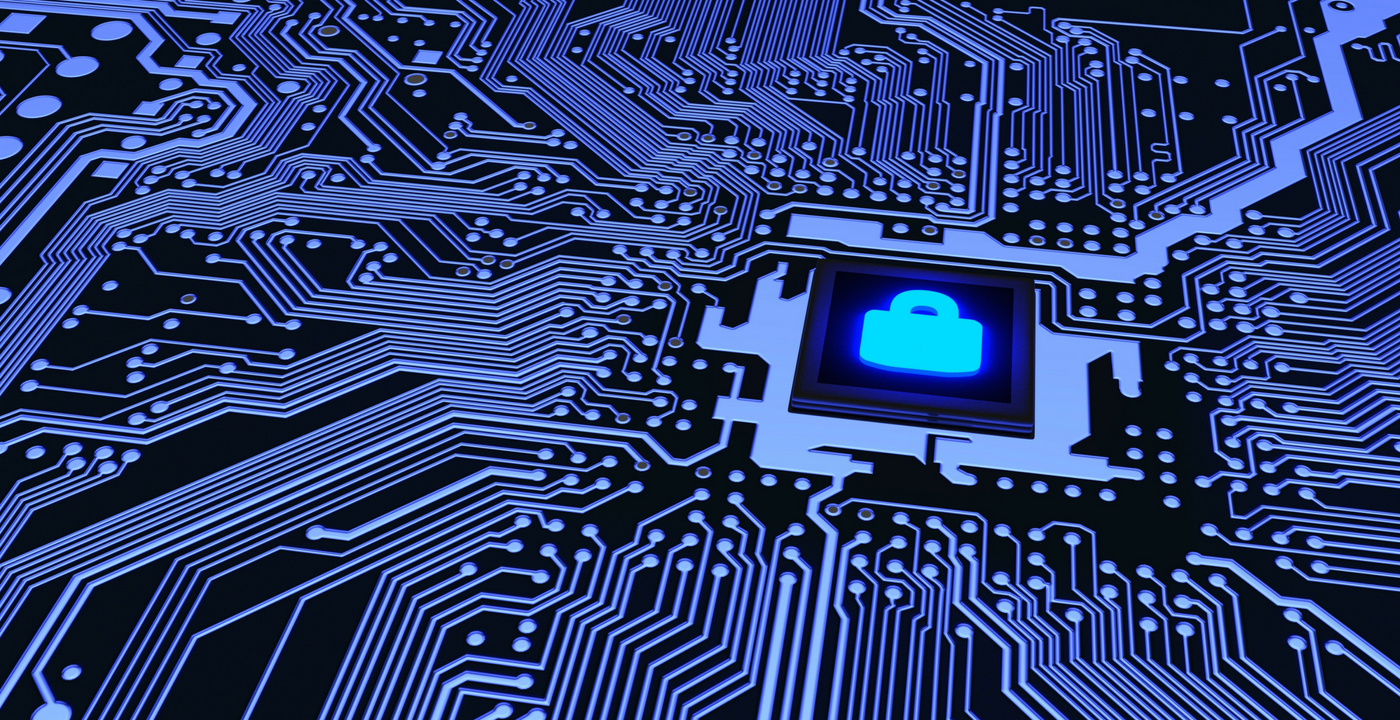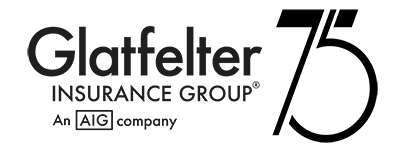Are the identities of your patients and residents properly protected?
“Distrust and caution are the parents of security.” – Benjamin Franklin
It was reported to MarketWatch that an 85-year-old woman contacted Kroll Cybersecurity when she received information in the mail regarding the plastic surgery she had gotten done to her nose. She couldn’t remember ever having this procedure, so she sought help from cybersecurity professionals. It was discovered that someone else claimed this procedure on the woman’s insurance using stolen information.
This is just one form of the vast threat that cyber criminals pose to the healthcare industry. Healthcare facilities hold a great deal of information that’s very valuable to hackers, keeping record of social security numbers, prescription information, financial data and more from their patients and residents. Hackers are constantly trying to break down the walls protecting data stored by facilities like yours. In 2017, the industry saw an average of almost 32,000 intrusion attacks per organization in one day. IT spending in healthcare amounted to $100 billion over the course of the year, trying to keep up with the speed of cyber attacks.
Protect your patients and residents. Cyber criminals have no remorse when it comes to deceiving people who aren’t used to technology, so it’s not only important to make sure your organization is practicing strong prevention tactics within your system, but also that your employees are encouraging your patients to do the same with their personal accounts. Cybersecurity is, and will always be, a joint effort against a colossal threat lurking online.
A hacker's toolbox: The Dark Web
 Many people are unaware of the selection of tools available to hackers in order for them to fool innocent cyber users. Did you know that all of the public information online, roughly eight billion pages, makes up only 4 percent of total content on the Internet? The other 96 percent creates what is known as the “Dark Web,” a digital universe that requires an anonymous browser to use. According to CSOonline, this daunting place serves as a market for credit card numbers, drugs, weapons, counterfeit money, subscription credentials, hacking software, and more. The Dark Web can be a dangerous provider for hackers, but there are ways to protect your healthcare organization and your patients and residents from falling victim to the services of this underground world.
Many people are unaware of the selection of tools available to hackers in order for them to fool innocent cyber users. Did you know that all of the public information online, roughly eight billion pages, makes up only 4 percent of total content on the Internet? The other 96 percent creates what is known as the “Dark Web,” a digital universe that requires an anonymous browser to use. According to CSOonline, this daunting place serves as a market for credit card numbers, drugs, weapons, counterfeit money, subscription credentials, hacking software, and more. The Dark Web can be a dangerous provider for hackers, but there are ways to protect your healthcare organization and your patients and residents from falling victim to the services of this underground world.
Prevent healthcare cyber attacks
 Your employees can start increasing the protection of your facility’s system and encouraging online safety among patients and residents immediately. Here are three of the most important steps to take when increasing cybersecurity efforts:
Your employees can start increasing the protection of your facility’s system and encouraging online safety among patients and residents immediately. Here are three of the most important steps to take when increasing cybersecurity efforts:
- Use strong passwords. Even though it’s common advice, building smart passwords is vital. Often times, they’re the last defenders standing between your personal information and online hackers. Professionals say it’s safer to use a mnemonic device instead of randomized letters or words relating to your personal life. For instance, if you went on a vacation to Aruba in 2018, you could use the memorable experience within a phrase such as, “I went to Aruba in 2018,” to create your password with the first letters: IwtAi2018!. Changing passwords every six months and adding special characters also increases the strength.
- Protect your computer systems with updated software. Renewing contracts with security programs on all computers within your facility is essential. Inform your patients and residents to do the same with personal computers to help safeguard their identities.
- Train employees to be cautious when clicking. Sometimes, it only takes one click for an entire data system to be compromised. In the words of Benjamin Franklin, use the “parents of security,” distrust and caution, on a regular basis. Phishing emails carrying dangerous links, attachments and pop-ups are constantly trying to force their way into the inboxes of your employees and patients and residents. Advise to hover over links to check the site it will take you to and follow the specific “red flags” identified by KnowBe4.
Cybersecurity takes a whole team and isn’t something that can be disregarded. Make it a priority for your staff to dedicate the attention to detail that it takes to protect the information of your patients and residents. By using smart passwords, strong security software and hesitation at the mousepad, your healthcare facility will be better prepared when a cyber attack strikes.
DISCLAIMER
The information contained in this blog post is intended for educational purposes only and is not intended to replace expert advice in connection with the topics presented. Glatfelter specifically disclaims any liability for any act or omission by any person or entity in connection with the preparation, use or implementation of plans, principles, concepts or information contained in this publication.
Glatfelter does not make any representation or warranty, expressed or implied, with respect to the results obtained by the use, adherence or implementation of the material contained in this publication. The implementation of the plans, principles, concepts or materials contained in this publication is not a guarantee that you will achieve a certain desired result. It is strongly recommended that you consult with a professional advisor, architect or other expert prior to the implementation of plans, principles, concepts or materials contained in this publication.
This blog post may contain the content of third parties and links to third party websites. Third party content and websites are owned and operated by an independent party over which Glatfelter has no control. Glatfelter makes no representation, warranty, or guarantee as to the accuracy, completeness, timeliness or reliability of any third party content. References to third party services, processes, products, or other information does not constitute or imply any endorsement, sponsorship or recommendation by Glatfelter, unless expressly stated otherwise.
Related posts
The challenges that caregivers face are not easy. We compiled some quick tips for managing family interactions in hospice and palliative care settings.
In summer 2024, weather will be unpredictable, but these are the weather events you can expect, depending on location.
There's so much to learn about nursing, but here's 10 fascinating facts as we celebrate National Nurses week.




.png?height=300&name=Glatfelter%20Team%20-%20Blog%20-%20Author%20(1).png)




Submit a Comment